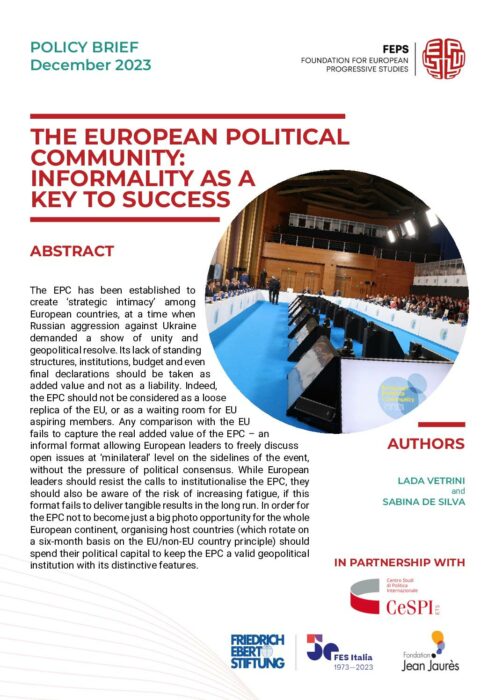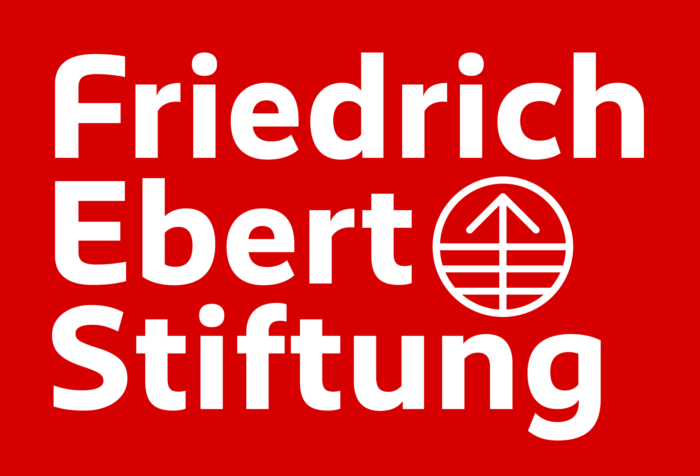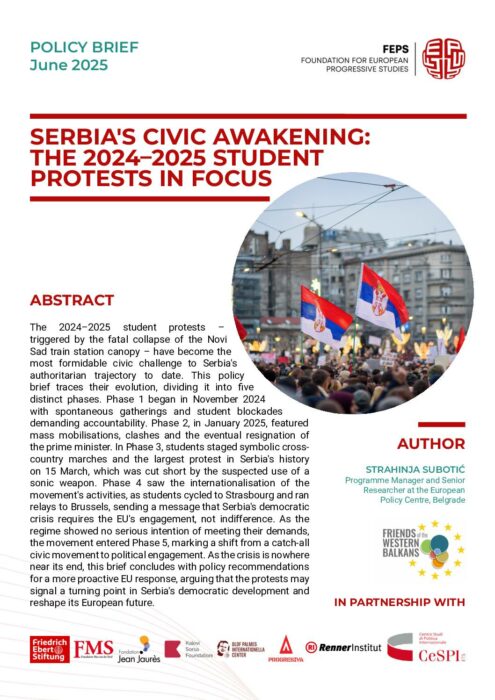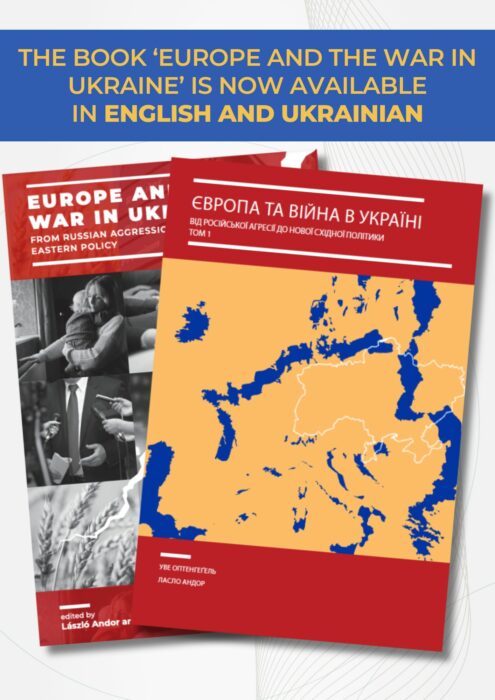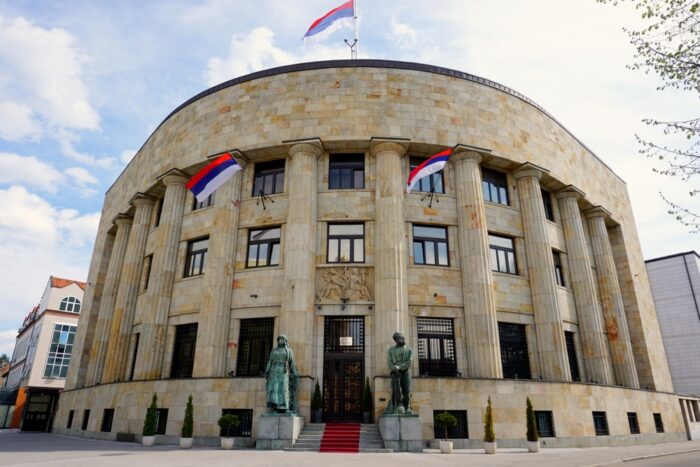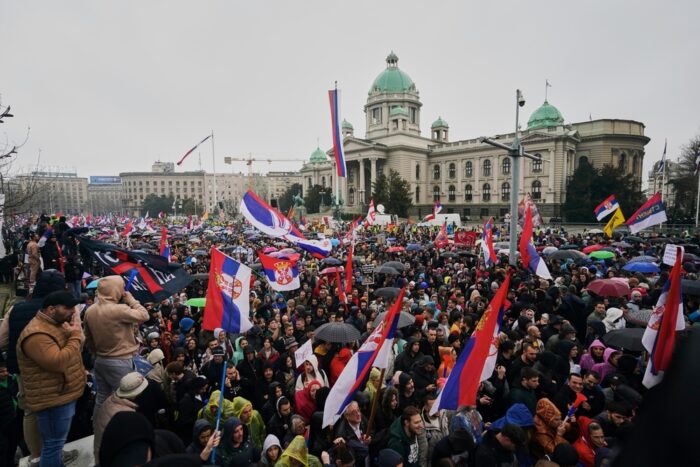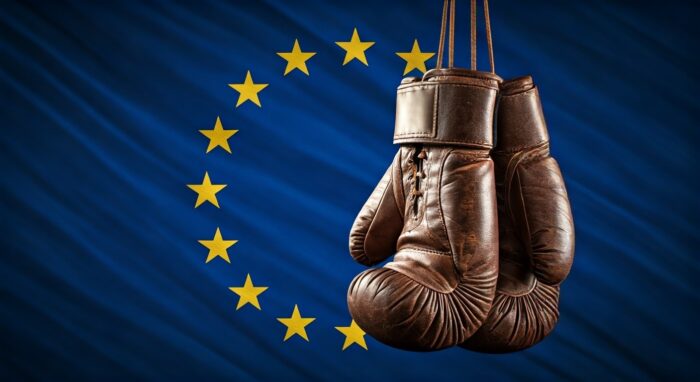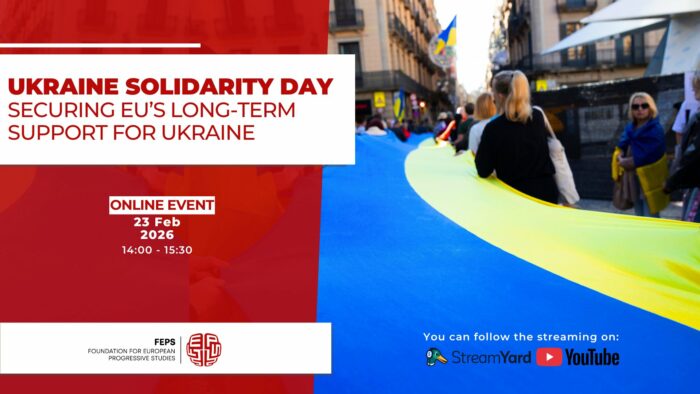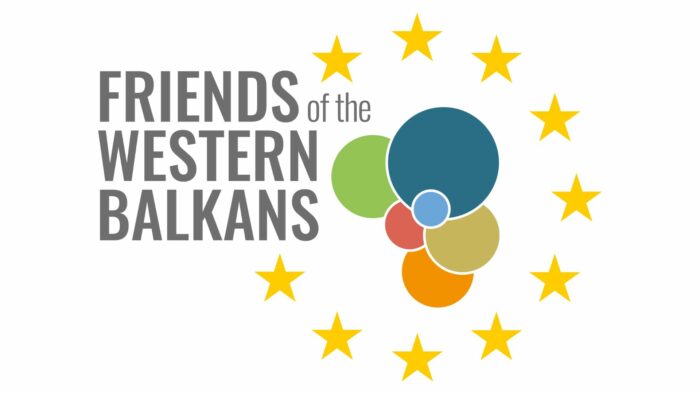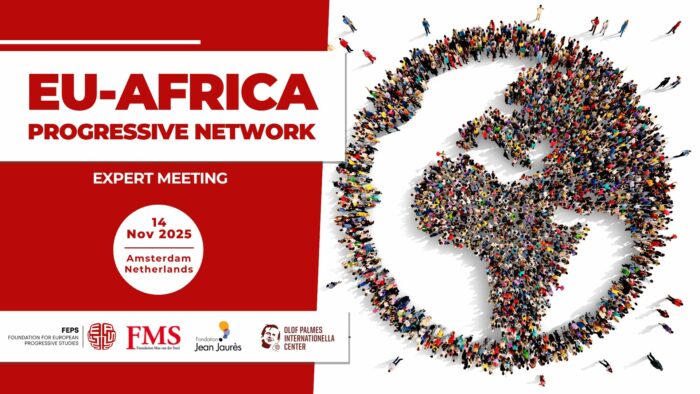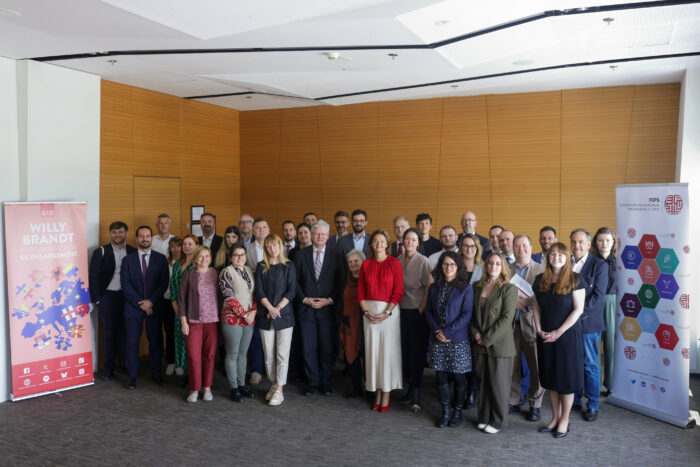Network
Find all related publications
Publications
Find all related Progressive Post
Progressive Post
Find all related events
Events
Upcoming
Past
20 - 22/11/2025
Belgrade, Serbia
14/11/2025
Amsterdam, Netherlands (Expert meeting)
Load more...
Find all related Audiovisual
Audiovisual
16/09/2025
16/09/2025
Find all related news
News
Find all related in the media
In the media
NATO-bővítés sok vitával: érvek, ellenérvek és lobbik a Clinton-elnökség idején
by BBC History 07/07/2024

